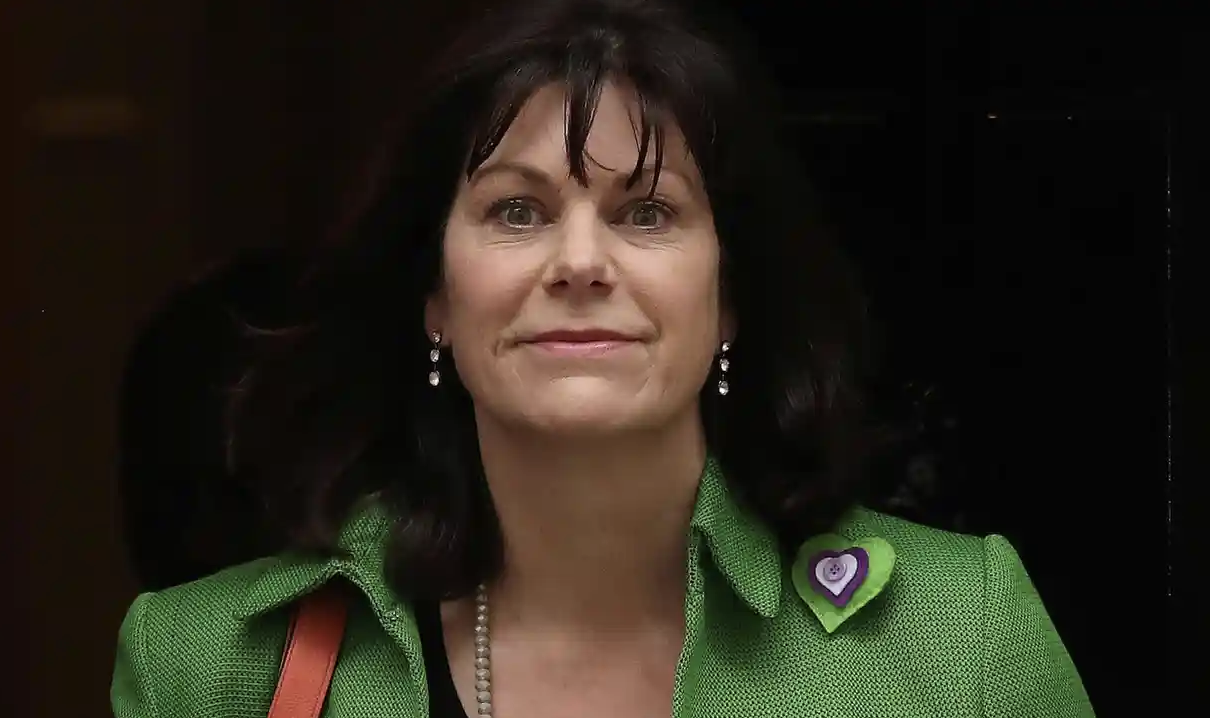· 5 min read
Climate change is the crisis of our time. We have under a decade to get our planetary carbon emissions under control. Those of us in business – especially global businesses – have more power to create value by fighting climate change than ever before. Global businesses can drive forward innovative technologies that create energy using the earth’s renewable resources. They can move quickly when a solution is promising. They can deploy capital in flexible ways to scale solutions across the globe. And, they can do all of this while creating well-paying jobs of the future.
Sustainability is a competitive business. Customers are ratcheting up their expectations and increasingly factoring them into their purchase decisions. To be credible, businesses must have a decarbonization plan in line with climate science and focus on decarbonizing while creating economic growth.
Successful, sustainable business
Fortunately, what businesses need to be successful is also what we need to confront climate change:
- Ambitious scale,
- A wide lens,
- And a long-term outlook
Ambitious scale
Confronting climate change will require massive investment. The world will need over $3.5 trillion in annual capital investments to reach net zero emissions. Governments around the world don’t have enough capital to fund this by themselves, so the private sector will be critical. Many of the solutions needed do not exist, and therefore we need private sector innovation, drive and scale.
A wide lens
Renewable energy gets a lot of attention, and rightfully so. In 2020, the U.S. installed 16 GW of wind capacity, an 85% increase from 2019, and 19.2 GW of solar photovoltaic capacity accounted for 43% of new generating capacity in 2020. But we need more than renewables to convert our energy system to low- or zero-carbon. In electricity, we need batteries to store intermittent renewables, new transmission lines to transport energy from where it is generated to where it is used, and more baseload power to compensate for intermittency – likely a mix of small and large nuclear power and natural gas, perhaps with CO2 sequestration. Ground transportation will require massive electrification of traditionally gas-based transport. Air transport will require a combination of batteries, sustainable aviation fuels and more. And maritime will require some combination of hydrogen, nuclear power and more.
But it’s not just energy – every sector of our economy must decarbonize and so investment in climate solutions needs to go far beyond energy. We need water, air, and soil filtration companies, specialty mechanical, electrical and controls energy efficiency companies, and a wide array of sustainability consultants to help guide companies whose management teams are not climate experts. We need to invest in a modernized electric grid and battery storage solutions, including microgrids. We need to decarbonize the hard-to-abate sectors, especially those that produce the needed materials for emerging markets countries to develop and raise their living standards – sectors such as cement, steel and plastic. In the steel sector, a significant source of greenhouse gases, Swedish steelmaker SSAB recently announced efforts to nearly eliminate carbon dioxide emissions from its production processes on a much quicker timetable than before – largely eliminating greenhouse gases from production by 2030, compared to last year’s commitment to do so by 2045. With technology and scale, we can increase our ambition.
Finally, we know it is critical to produce enough food for a growing global population while lowering greenhouse gas emissions from agriculture (which currently account for about a quarter of global emissions). We need to invest in innovative ways to reduce greenhouse gas emissions in agriculture and food production. In November 2020, Unilever announced plans to increase its sales of plant-based meat and dairy alternatives to €1 billion by 2025–2027. At Blackstone, we invested in Oatly, a Swedish company who has been dedicated to providing a healthy alternative to diary products that will not tax the planet’s resources. Increasingly, consumers want plant-based products that satisfactorily replace animal-derived products, and companies are betting that their ability to continue to expand these offerings alongside increased customer demand will grow significantly.
Long-term outlook
Short-termism is the enemy of climate change mitigation. Businesses need to look years in the future. Some of the most critical climate solutions investments will require a long-term perspective – investors patient enough to persevere through years of permitting delays and changes in government administrations, all while continuing to devote time and resources and invest capital. This is what developing new transmission lines – critical to bringing on new zero-carbon electricity we desperately need – can entail. We know from experience at Blackstone. We worked for over a decade to develop a proposal with TDI to build the Champlain Hudson Power Express, a 339-mile renewable energy transmission project that will deliver 1,250 MW of clean energy to New York City by 2025. This is enough to power over 1M homes and decrease CO2 emissions by an estimated average of 3.9M metric tons per year, which is equivalent to removing 44% of cars from the city. This project is a testament to how investors with a long-term horizon can create value for their stakeholders.
I’m optimistic because the world’s business leaders are now focused on climate change. We have a tremendous opportunity to drive economic growth and create value across sectors by making a positive impact and inspiring employees and customers in the process. I can’t wait to see the results.
illuminem Voices is a democratic space presenting the thoughts and opinions of leading Energy & Sustainability writers, their opinions do not necessarily represent those of illuminem.





